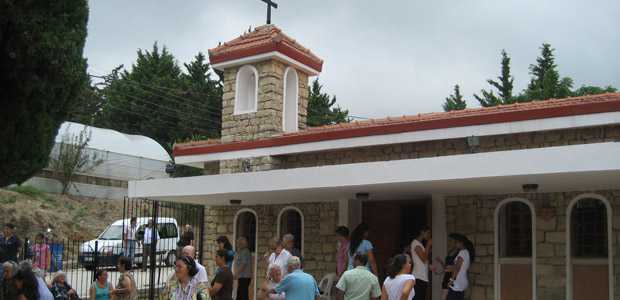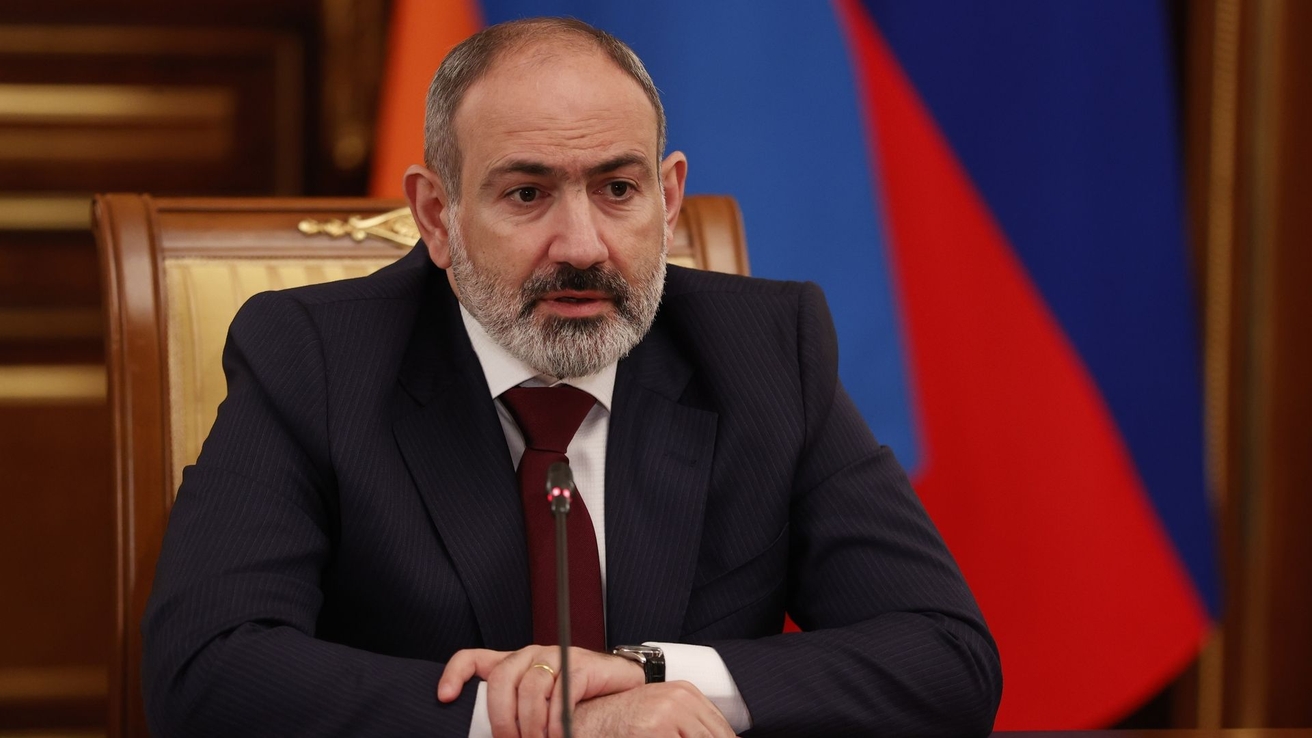The Gallup International poll conducted in Armenia on July 3-6, 2024, indicated that Prime Minister Nikol Pashinyan’s rating has dropped to 13.4% among potential Armenian voters. When he first came to power six years ago, his rating was around 80%.
When asked: “How do you evaluate the work of Nikol Pashinyan?”
— 13.4% of the public said that they find his work “completely positive.” This is 4% higher than two months ago in May.
— 21.7% evaluated his work in July as “rather positive,” up 3% from May.
— 40.3% rated his work in July as “generally negative,” 1% lower than May.
— 14.5% rated him in July as “rather negative,” 4% lower than May.
— 10.1% of the participants said the question was too “difficult to answer.”
This means that 35.1% of the public rated Pashinyan in July as “positive” and “rather positive,” up from 27.8% in May, whereas the majority of 54.8% rated him “negatively” and “rather negatively” in July, down from 59.7% in May.
To the question: “If the parliamentary elections were held next Sunday which party or coalition of parties would you vote for?” Here are their answers:
1) 14.4% for the ruling Civil Contract party.
2) 3.7% for the Armenia coalition.
3) 3.5% for the Democracy, Law and Order party.
4) 2.3% for I Have Honor coalition.
5) 1.5% for Bakrat Srpazan.
6) 1.2% for the Prosperous Armenia party.
7) 0.6% for the Republic party.
8) 2% for others.
9) 8.6% for none of them.
10) 29.6% refused to answer or had difficulty answering.
11) 32.5% will not vote at all.
These numbers provide an important insight into the next election. Pashinyan’s ruling party will only get 14.4%, while the other parties, if they form a coalition, will get 14.8% of the vote. For the opposition parties to become the majority in the next Parliament, they need not only to form a coalition, but also try to get votes from the remaining 70.7% who refused to answer or had difficulty answering or will not be voting.
Regarding the question: “Is Armenia in general moving in the right or wrong direction?” The respondents answered:
— 15.2% “completely right.”
— 10.6% “rather right.”
— 28.5% “generally wrong.”
— 23.1% “rather wrong.”
— 22.5% “have difficulty answering.”
This means that the majority of 51.6% feel that the country is going in the wrong direction. Only 25.8% feel it is going in the right direction. This does not bode well for Pashinyan and his ruling party.
To the question, should Armenia change its Constitution as Pres. Aliyev had demanded? The public responded:
— 80.3% said no in July, more than double the 38.1% in January.
— 11.7% said in July that certain clauses should be changed. In January, 34.2% had said the same thing.
— 3.3% said in July that a whole new Constitution is necessary. In January, 13.4% said the same thing.
— 4.7% could not answer in July. In January, 14.4% could not.
This is a critical issue, since Pashinyan has agreed with Aliyev to change the Constitution, while 80.3% of the public is opposed to it.
To the question: “How do you evaluate the movement of “Tavush for the sake of Armenia” initiated by the Primate of Tavush, Archbishop Bagrat Galstanyan?” The public said:
— 18.3% “completely positive” in July, which is substantially down from 35.1% in May.
— 15.5% “rather positive” in July, slightly lower than the 17.8% in May.
— 32.4% “generally negative” in July, which is higher than the 23.5% in May.
— 14.9% “rather negative” in July, a little higher than the 10% in May.
— 18.9% could not answer in July. In May, 13.6%.
The answers indicate a declining trend in the Armenian public’s support for the Archbishop’s movement.
To the question: “According to you, should Armenia become a member of the European Union (EU)?”
— 34.2% said, “definitely yes.”
— 22.5% said, “rather yes.”
— 19.1% said, “definitely no.”
— 13.7% said, “rather no.”
— 10.5% said, they “could not answer the question.”
This indicates that 56.7% are in favor of Armenia joining the EU, while 32.8% are opposed to it. The majority agrees with Pashinyan. I believe, this is an unrealistic wish on the part of the Armenian public and the Prime Minister, as most of Armenia’s economy is linked to Russia and any interruption in that critical link will have a devastating effect on Armenia’s economy. The pro-EU reaction is mostly due to the Armenian public’s major disappointment with Russia for not coming to the rescue of Armenia militarily. Another important issue is whether the EU will allow Armenia to join it. As we know, Turkey has been trying unsuccessfully to join the EU for decades and Georgia has also been trying to join the EU for years. There will be years’ long wait for Armenia.
A similar question was asked as to “whether Armenia should leave the [Russia-dominated] Eurasian Economic Union (EEU) and start the process of joining the European Union?”
— 28.8% said, “definitely yes.”
— 17.3% said, “rather yes.”
— 21.4% said, “definitely no.”
— 15.6% said, “rather no.”
— 16.9% said, they “have difficulty answering the question.”
This indicates that 46.1% of the public is in favor of leaving the EEU, while 37% are opposed to leaving the EEU.
The next question: “Whether Armenia should leave the [Russia-affiliated] Collective Security Treaty Organization (CSTO) and join NATO?”
— 44.3% said in July, “Armenia should not be a member of any structure; should be neutral.” 40.3% had given the same answer in February.
— 16.9% said in July, “Armenia should continue its membership in CSTO.” 28% had given the same answer in February.
— 29% said in July, “we should aspire to join NATO.” 22.5% had given the same answer in February.
— 9.8% said in July, they “have difficulty answering the question.” 9.2% had given the same answer in February.
Not surprisingly, these answers indicate a declining trend in the Armenian public’s interest in being associated with anything related to Russia and an increasing interest in the West. However, wanting to join NATO is an unrealistic wish.
This latest poll indicates the Armenian public’s continued dissatisfaction with Pashinyan and his political party and the public’s interest in a shift away from Russia towards the West.






